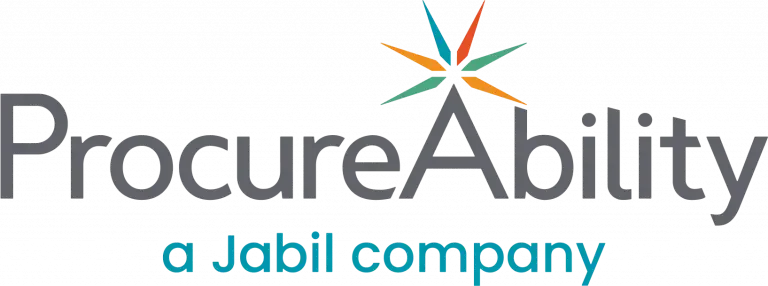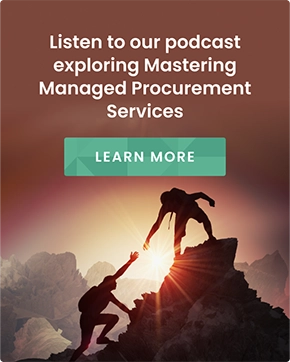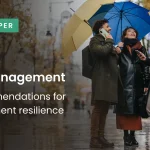As your business grows or adjusts to industry changes, scaling your procurement strategy quickly and efficiently is crucial. Yet, building a strong procurement function often requires resources that many companies lack.
This is where Managed Services can step in and leverage specialized teams to support your needs. Managed Services entails engaging an external party to help oversee procurement. The agreement enables the provider to execute procurement processes. This type of support can result in immediate and effective advantages, enhancing your overall procurement function.
How do third-party service providers integrate with your procurement team?
Effective service providers function as strategic partners to a company’s procurement team. They seamlessly integrate by understanding needs, goals, and strategies, aligning their services offerings with broader business objectives. This ensures that the revamped procurement process supports strategic goals throughout the organization.
A strong partnership helps reach organizational goals through teamwork, clear communication, transparency, ongoing improvement, and shared values. By executing effectively, external Managed Services partners add value to the organization by improving important processes such as purchasing standards and introducing innovative concepts.
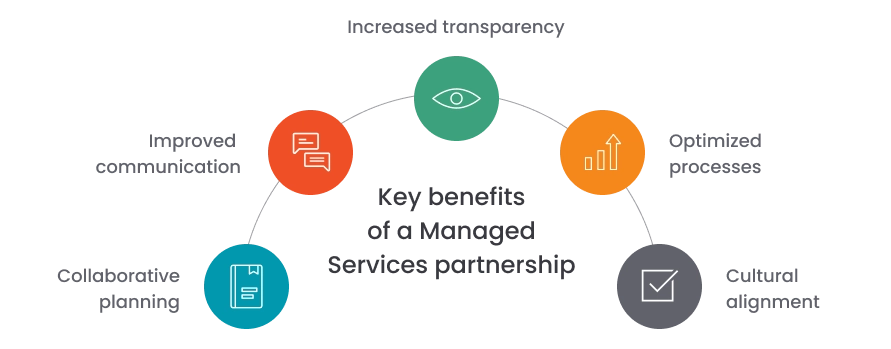
What are the different types of engagement models?
In the ever-changing world of procurement, customized and bespoke solutions are essential. As organizations grow more complex, flexible engagement models have emerged. These models customize procurement services to match each organization’s specific needs and goals to drive change effectively.
Examples of leading engagement models include:
Functional design model |
Ad-hoc resource model |
Category-based resource model |
|
|
|
What key challenges do Managed Services Providers help to solve?
Procurement Managed Services providers have expert market knowledge, access to the best tools, and established industry connections. This enables a service provider to function as an agile partner, quickly resolving complex business processes and issues.
Sometimes, daily transactional activities take precedence over important strategic activities such as category planning. Procurement service providers are valuable partners in saving time, as they specialize in streamlining procurement processes efficiently. Companies can shorten procurement times by using a service provider’s knowledge and tools to help them meet and exceed deadlines more effectively.
A procurement services provider optimizes the use of available resources, unlocking access to a broader network of suppliers and procurement technologies. This allows businesses to stretch their capabilities further than they could independently.
Procurement Managed Services providers bring knowledge that organizations may lack and are able to leverage immediately. For example, these providers possess valuable negotiation skills and category market intelligence that can be immediately leveraged by organizations in their upcoming negotiations.
Aligning with a procurement service provider offers the unique benefit of being able to quickly address gaps in a company’s infrastructure. A procurement partner can act fast to solve many of the common issues facing an organization, such as:
- Innovation Managed Services providers bring fresh perspectives and cutting-edge solutions, fostering innovation within procurement and enhancing business value.
- Expertise Procurement experts provide valuable insights to resolve issues and enhance procurement processes effectively.
- Capacity Procurement teams recruit top talent to address organizational gaps and seize new opportunities.
- Transparency An external service provider can develop and report key performance indicators (KPIs) and increase the visibility of projects through real-time data and service levels’ reporting.
Critical Advantages of Managed Services: Enhancing efficiency and boosting profitability
Implementing a Managed Services strategy provides benefits beyond immediate problem-solving. Partnering with a procurement service provider helps to drive benefits to the bottom line by analyzing procurement processes and eliminating unnecessary time and spend. These benefits include:
A procurement services provider brings experience, best practices, and innovation to streamline procurement. From automating tasks to optimizing supplier relationships, service providers transform procurement into a lean, agile operation. This creates a more focused and efficient procurement organization that can quickly adapt to today’s fast-paced business world.
Businesses can save money by using service providers’ strategic knowledge and buying power. This means lower costs, better supplier deals, and fewer mistakes in procurement. Efficient strategic sourcing and spending management strategies ensure that every dollar spent contributes to the company’s growth, directly impacting the bottom line.
Partnering with a procurement Managed Services provider offers several unique benefits that can enhance ROI and streamline procurement processes. An efficient procurement system can positively impact the entire client organization and propel the business forward.
Author:
Contributors:
Anirudha Roy Chowdry, Director, ProcureAbility
Nicole Costello, Senior Manager, ProcureAbility
Kathleen M. Pomento, Chief Marketing Officer, ProcureAbility
